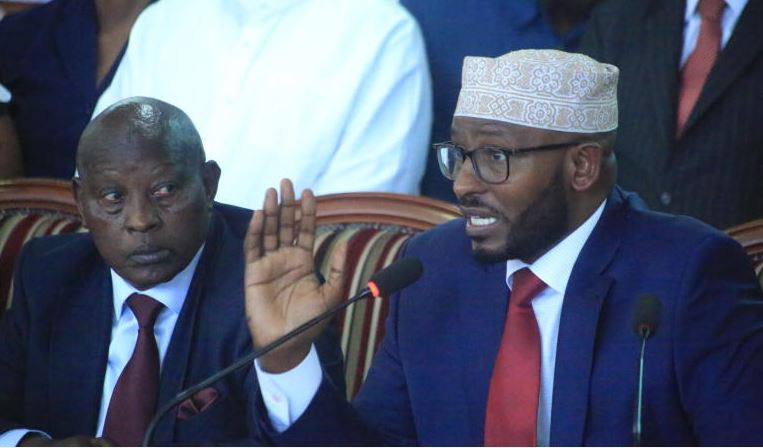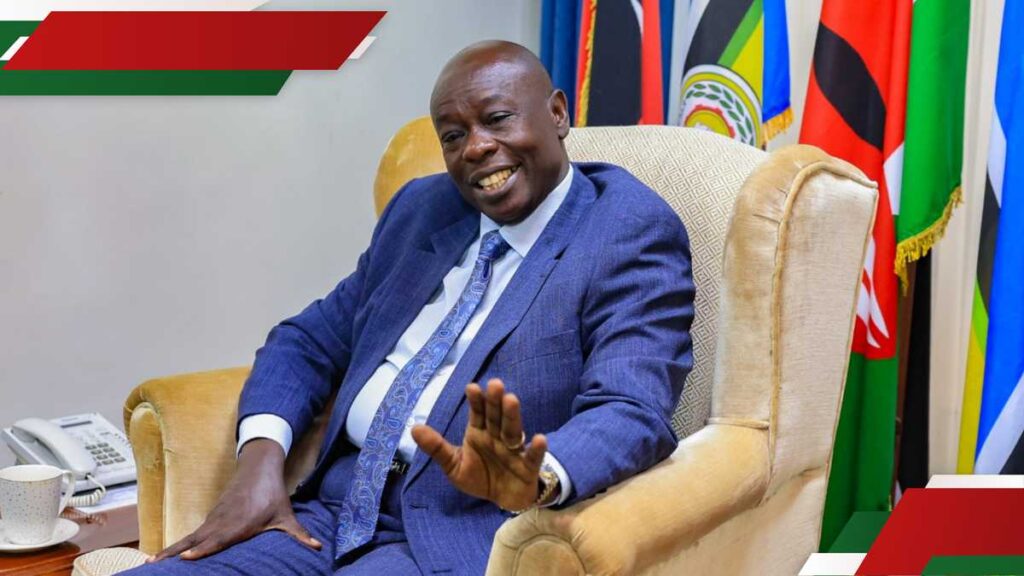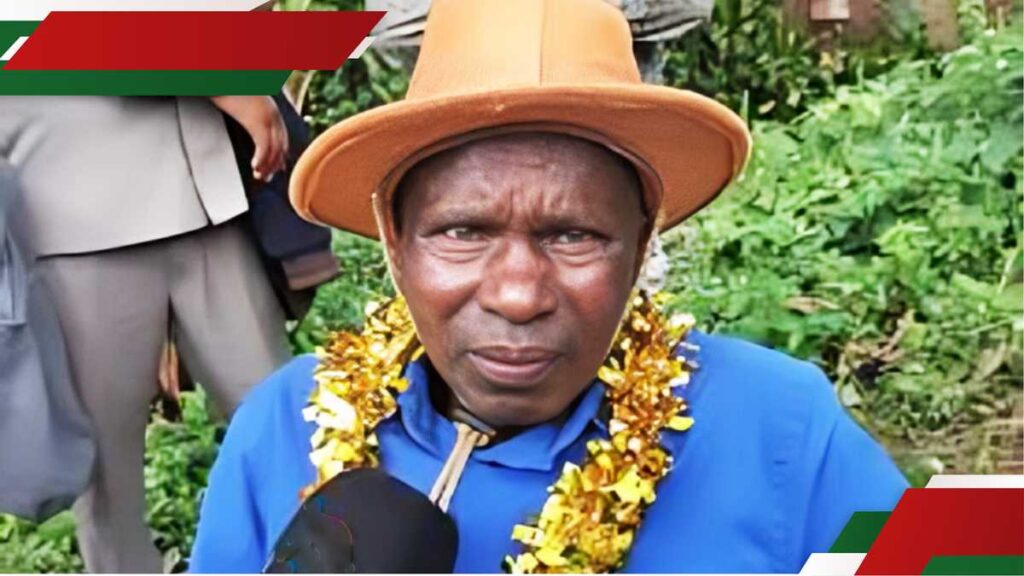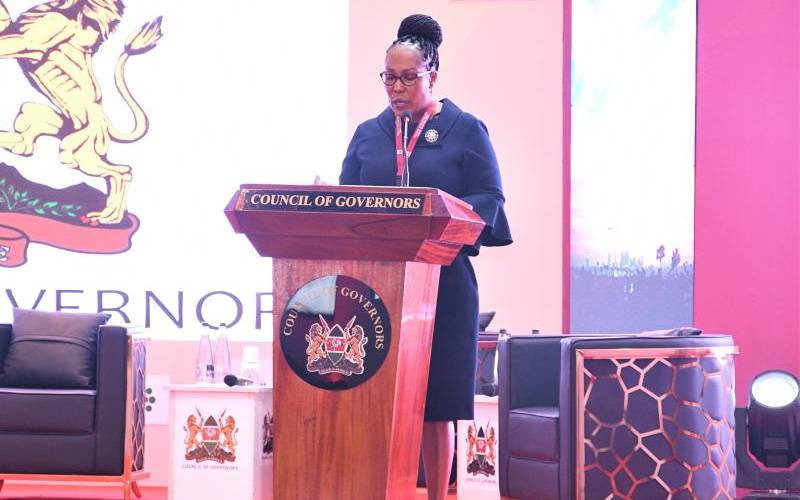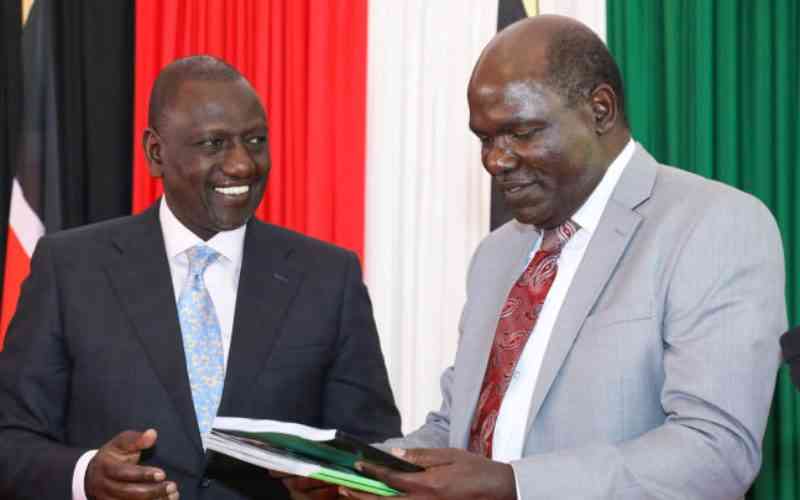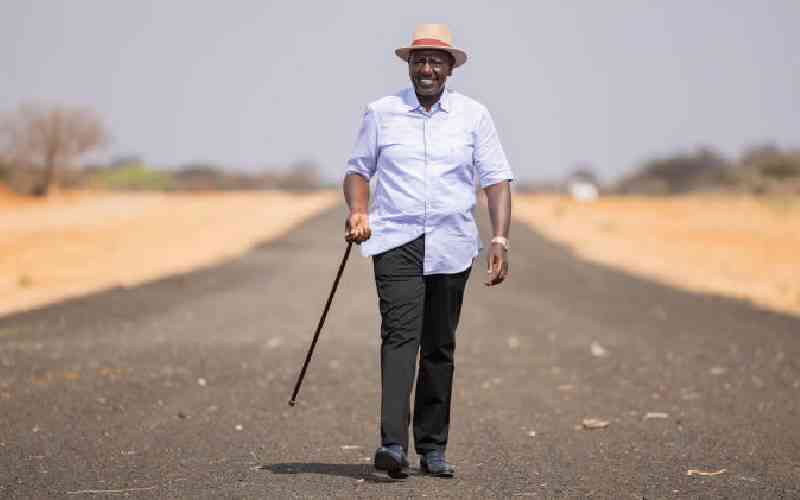The Council of Governors (CoG) has firmly opposed the national government’s decision to transfer the payroll of Universal Health Coverage (UHC) staff to counties without accompanying funds and proper job grading.
Speaking during a press briefing at the COG offices in Westlands, the governors stated that they would not accept the payroll unless the UHC staff were placed in appropriate job groups and sufficient resources were allocated through the equitable share to sustain their salaries.
“The position of the governors is clear, we will not accept a payroll that is not properly constituted. Since 2020, UHC staff have been placed in a job group that is highly discriminatory compared to their colleagues,” said Tharaka Nithi Governor Muthomi Njuki, who chairs the COG Health Committee.
He noted that since the signing of their contracts, UHC staff have earned significantly less—around one-third of what their counterparts in similar roles receive.
His remarks follow Health Cabinet Secretary Aden Duale’s announcement that the national government lacks the funds to employ nurses on permanent terms. Duale revealed that only Sh3.5 billion is available for supporting nurses under contract. He added that all nurses currently under county contracts would remain under county management as the payroll is expected to be fully devolved by July 1, 2025.
Njuki questioned the urgency of the payroll transfer, stating that the current contracts—signed around May 2020—are due to expire in May 2026. He insisted the ministry should retain the payroll until it provides adequate funding via the equitable share.
He added that the Sh3.5 billion allocated covers only a third of what is needed to pay UHC staff appropriately, likening the transfer to handing counties “the sharp end of a knife.”
Wajir Governor Ahmed Abdullahi, COG Chairperson, blamed the problem on the national government’s continued disregard for constitutional provisions in implementing county-level policies. He explained that UHC staff were initially hired to support Covid-19 response efforts across all 47 counties, yet counties were neither given financial resources nor control over the payroll.
The fate of more than 8,500 UHC workers now remains uncertain.








